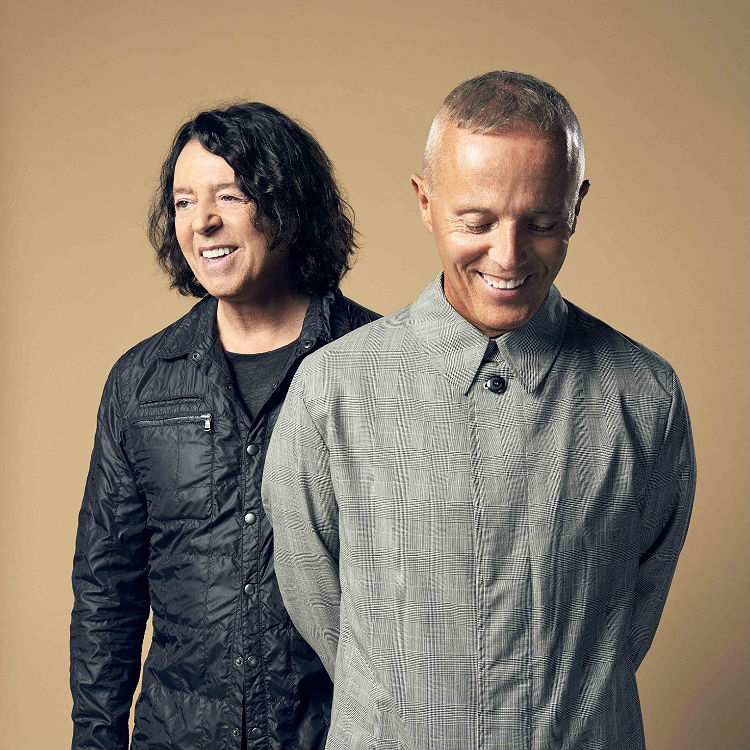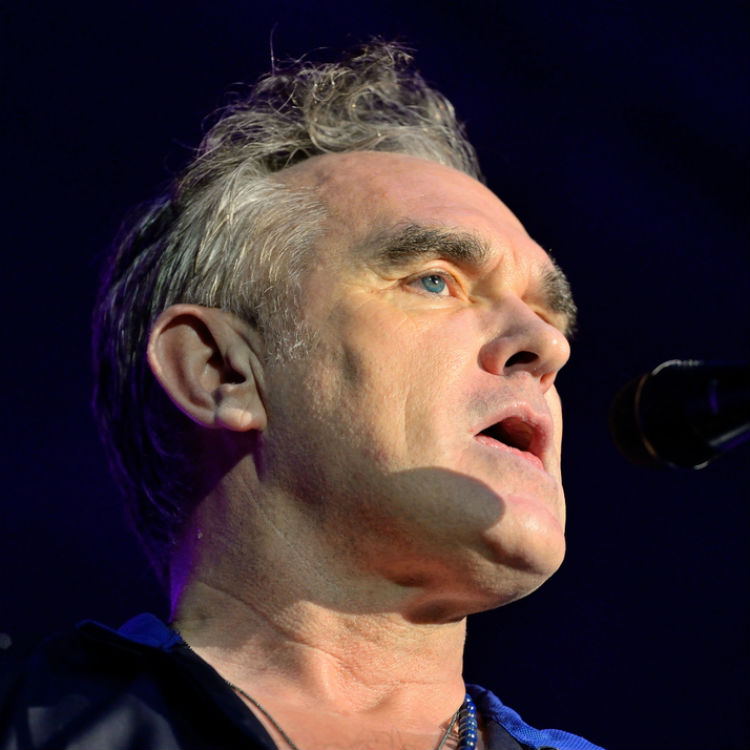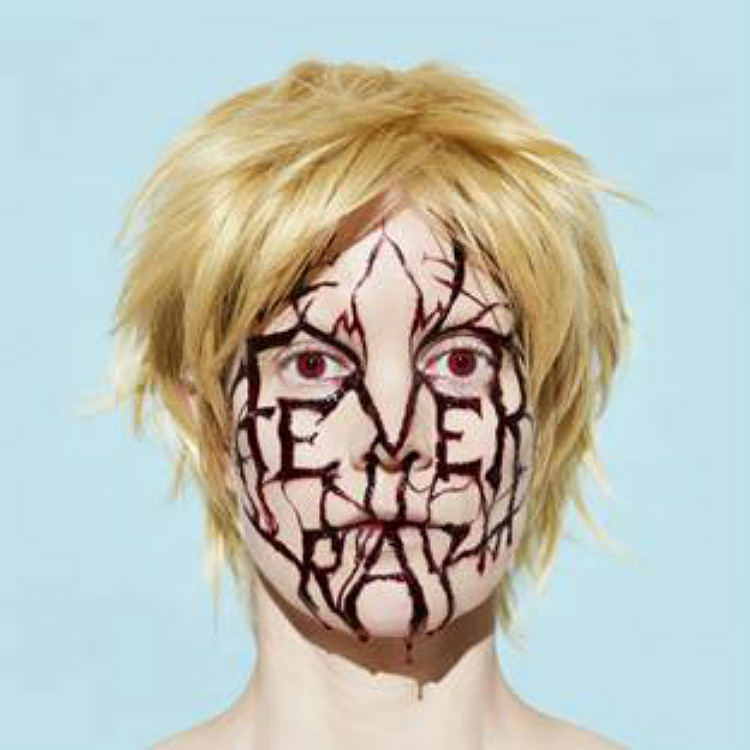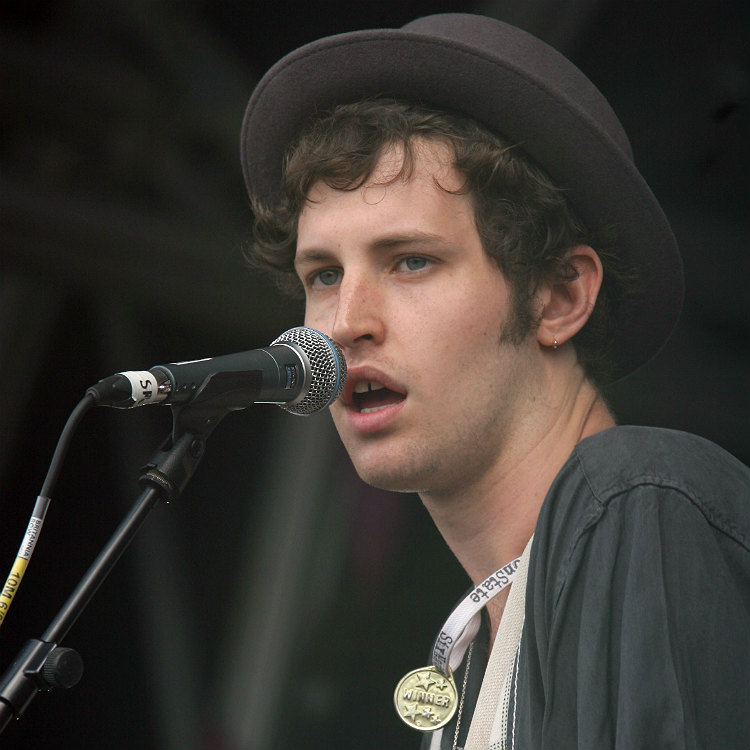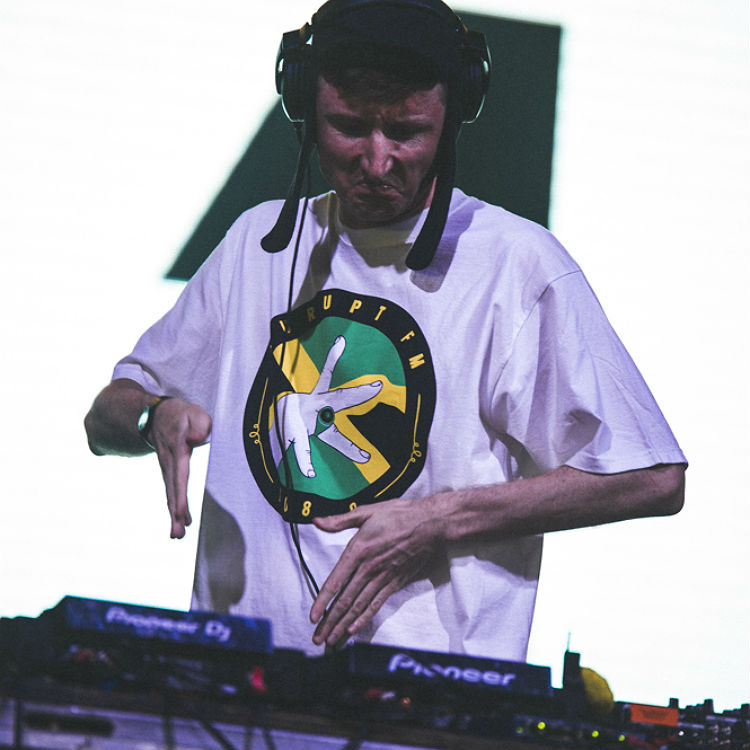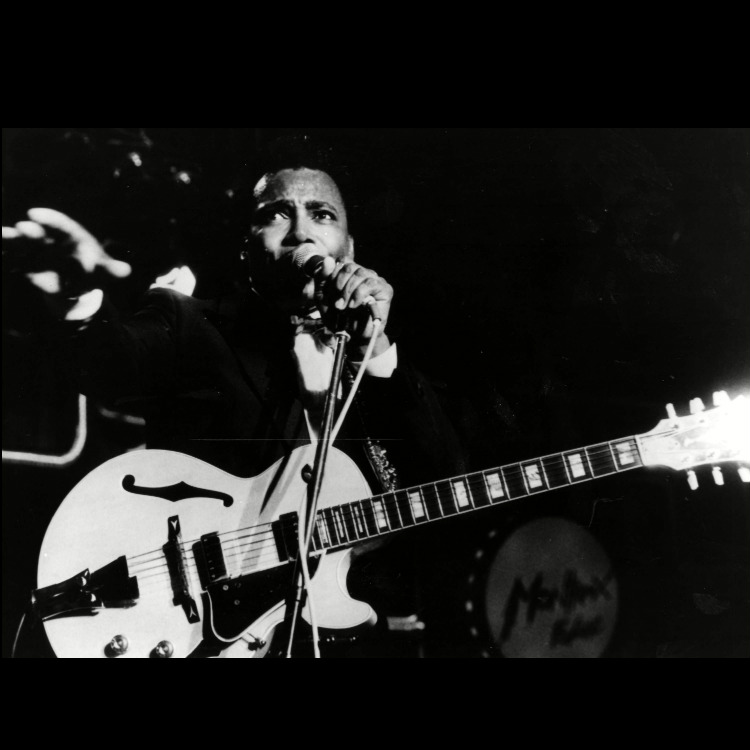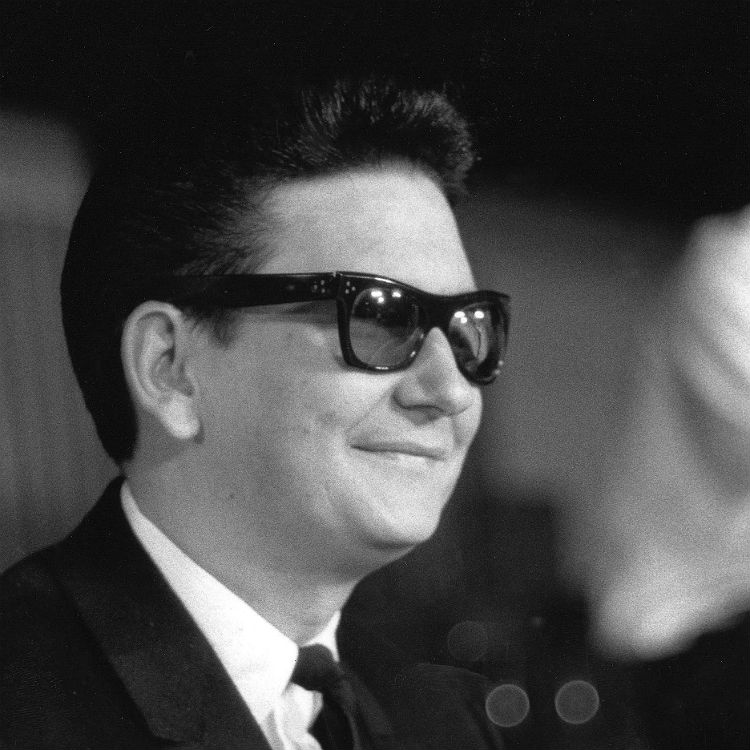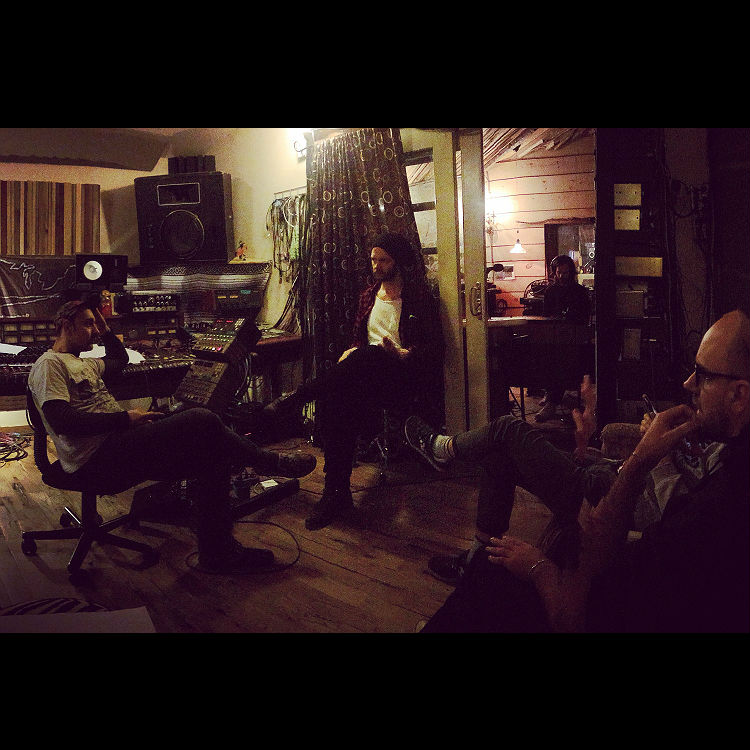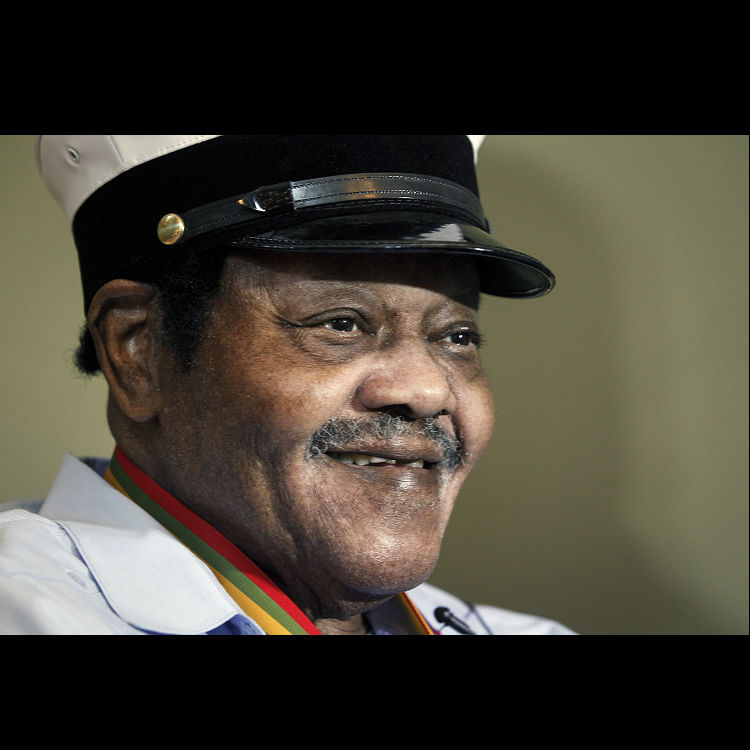 Photo: Francesca Jane Allen
Photo: Francesca Jane Allen
When it came to writing Daughter's second album, it only briefly occurred to Elena Tonra that she should censor herself. "There are times when I'm like, 'Er, should I really say that? Is that too much information?' And then I just put it in anyway."
It's an approach that's worked out well for her. Where her band's stunning debut, If You Leave, tended to cloak itself in metaphor - burying the crux of its meaning behind dense forests, and ice, and feral animals - Not To Disappear lays itself bare. "I have a dirty mind," sings Tonra in opening track 'New Ways', "I need new ways to waste my time." Later, in 'Alone / With You', she muses, "I hate walking alone. I should get a dog or something."
It's not easy to find the poetry in such stark, unsexy sentiments - but somehow, Tonra manages it. There are also glimmers of a wry, self-deprecating humour - "No-one asks me for dances because I only know how to flail" - a humour which frequently weaves its way into our conversation. Transcribing her words, with the punctuated bursts of laughter removed, it would be easy to paint her as someone with a fairly low opinion of herself. "A lot of my writing's always been very self-absorbed," she says at one point. "Being really selfish all the time isn't the greatest way to be."
She doesn't have a low opinion of herself though. Quite the opposite in fact. She's found a sense of empowerment in being so emotionally open. "I feel quite strong in the fact that sometimes I can write things that make me look vulnerable," she explains. "I don't think that's a bad thing."
"When the first record came out, I was like, 'Oh no, people are being mean about it.' [But now], I actually don't really care. It's kind of the point where I'm like, 'This is who I am, so if you don't like my writing then hey, we probably won't be friends, because you're literally reading the inside of my head. But you can't be friends with everyone."

There's only one small moment on Not To Disappear that played on Tonra's mind. It's a line on 'No Care', halfway through the album: "There has only been one time where we fucked, and I felt like a bad memory." Her concern wasn't for herself though. "It wasn't a case that I was sharing that very intimate detail, but it was more, I just didn't want to upset the person who I'm writing the song about. It's how I feel about a situation, it's not necessarily the reality of the situation."
It's not the first time she's felt conflicted in this way. In an older track called 'Smother', she sings, "I’m sorry if I smothered you / I sometimes wish I'd stayed inside my mother, never to come out." It wasn't an easy line for her mother to digest. "My mum found it very hard to deal with the fact that I'd said that," she admits. "I had to explain to her, and say, 'I really am sorry. But I had to write it, and I wrote it, and I can't take it back, and that's how it is now.'"
Presumably there are also people in her life - or who've left her life - who wrongly assume songs were written with them in mind. "Oh maybe," she laughs. "There's one which is kind of like a bit of a revenge - not a revenge - but I wrote a song called 'Love' that was really like a, 'Fuck you! I really hope you know who you are.'"
The most profoundly moving track on the album isn't about a dying relationship, though, but an eroding mind. In 'Doing The Right Thing', Tonra puts herself in the place of a person whose dementia is forcing them out of touch with reality: "When it's dark, I'll call out in the night for my mother. But she isn't coming back for me 'cause she's already gone / But you will not tell me that / Cause you know it hurts me everytime you say it. And you know you are doing the right thing."
If you've known someone with dementia (or even if you haven't) it's a heartbreaking listen. For Tonra, that person was her grandmother. "I hadn't seen her for ages, and the accounts of things were from my mum," she says. "I guess in the back of my head it was like, this is happening within your family, and this is happening to your grandmother, and I guess that just came out through this song. I started writing it about something else, and it was like- bleurgh!" - she makes a wretching sound, like she's exorcising fear and guilt in one expulsion of breath - "OK! We're writing about this now, brain."
"I mean, she obviously isn't aware that she doesn't know who people are anymore, but just that idea - you can be totally in love with someone, or you can have a child, and then you just don't know who they are. For me it's really terrifying, and suddenly I was writing it from a terrified perspective of my own, thinking, 'How would I actually deal with this?'"
Our time's up. I've been told not to let it run over - Tonra has another interview to get to - so I tell her we better wrap up. Quickly, that warm self-deprecation returns. "Ohhh, sorry. I have the tendency to just, like, jabber on." That's the point, I remind her. "I guess so. It would be a bit silly if I just stayed completely silent."
Somehow, it doesn't seem like there's much danger of that.







